Three Kings, Christmas the Spanish way

Christmas is a global celebration, though the exact traditions that accompany it can vary from country to country and region to region. On the European mainland, for instance, Christmas Eve on the 24th of December, is the highlight of the festive period, while in English-speaking countries it is during Christmas Day on the 25th that families come together to exchange gifts and enjoy festive meals.
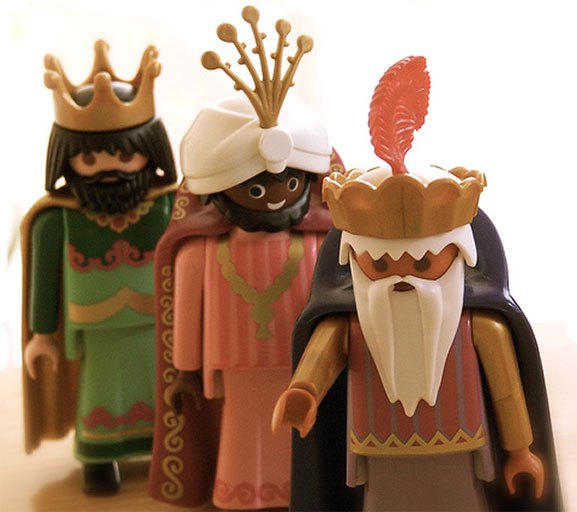
In Spain too the 24th is the pinnacle of the ‘conventional’ part of Christmas, but Spain would not be Spain if it didn’t have a little extra to add to the festivities. In keeping with its Catholic traditions, the Día de los Reyes (Day of the Kings) is another integral part of the Christmas celebrations – and the day on which children receive their presents.
Held on 6th of January, at a time when most of the world has returned to sombre reflections of winter, Three Kings Day is traditionally a time of great excitement for children throughout Spain and Latin America, a time filled with sweet delicacies, toys, singing and processions. In short, a child’s paradise.
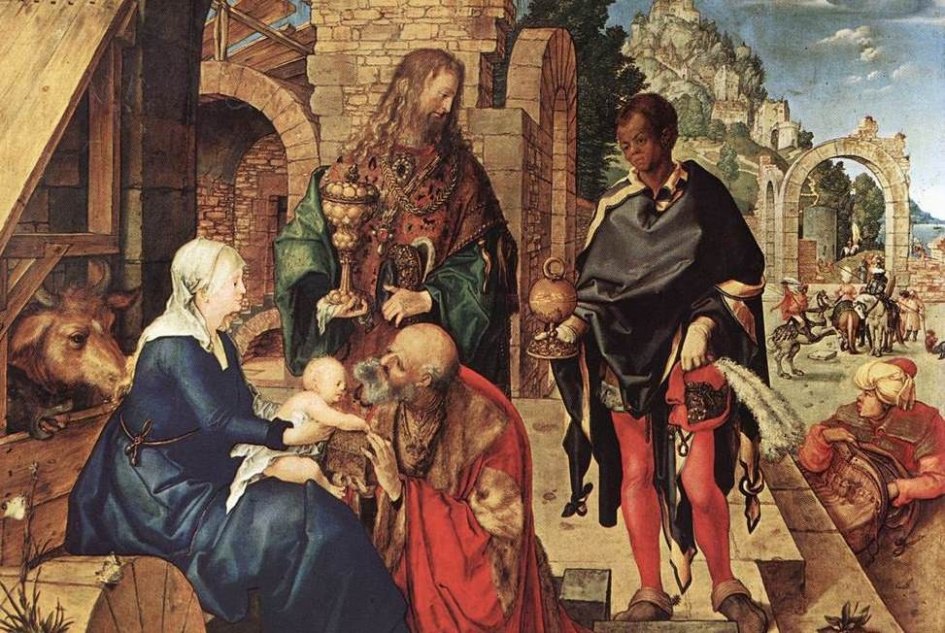
This ‘extension of the party’ fits very well with the Spanish penchant for festivities, but it is grounded in firm theological roots. While it may be lost on many an excited youngster, Three Kings – or the Epiphany, as it is also known – celebrates the confirmation of Jesus Christ as the Son of God through his revelation to the Gentiles (non-Jews) of the world. The three kings, Melchior, Gaspar and Balthazar, who represented Europe, Arabia and Africa respectively, travelled to Bethlehem to celebrate the arrival of the long-awaited Saviour.
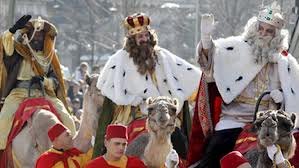
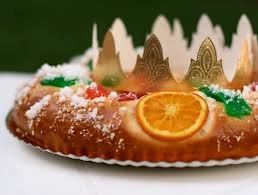
If you are in Spain, why not indulge in the traditional Three Kings day breakfast with a piece of “Roscón de Reyes” (Kings Cake) and hot chocolate to mark the end of the festive season!
Diana Morales, 02 Jan 2013 - News
Related Articles

Latest world economic news for 2024
4 min. read · Pia Arrieta

Are You Eligible for a Wealth Tax Refund?
2 min. read · Pia Arrieta
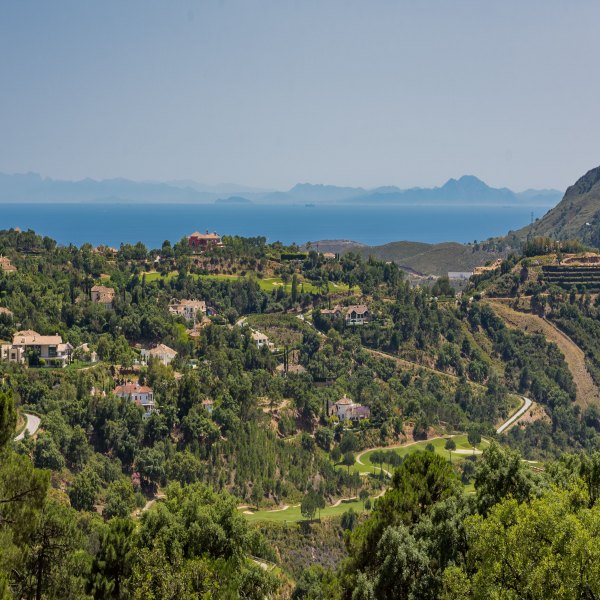
Global Super-Prime Property market update
3 min. read · Pia Arrieta

Marbella Real Estate Market Update: Shift to a buyers’ market?
1 min. read · Mar Poza